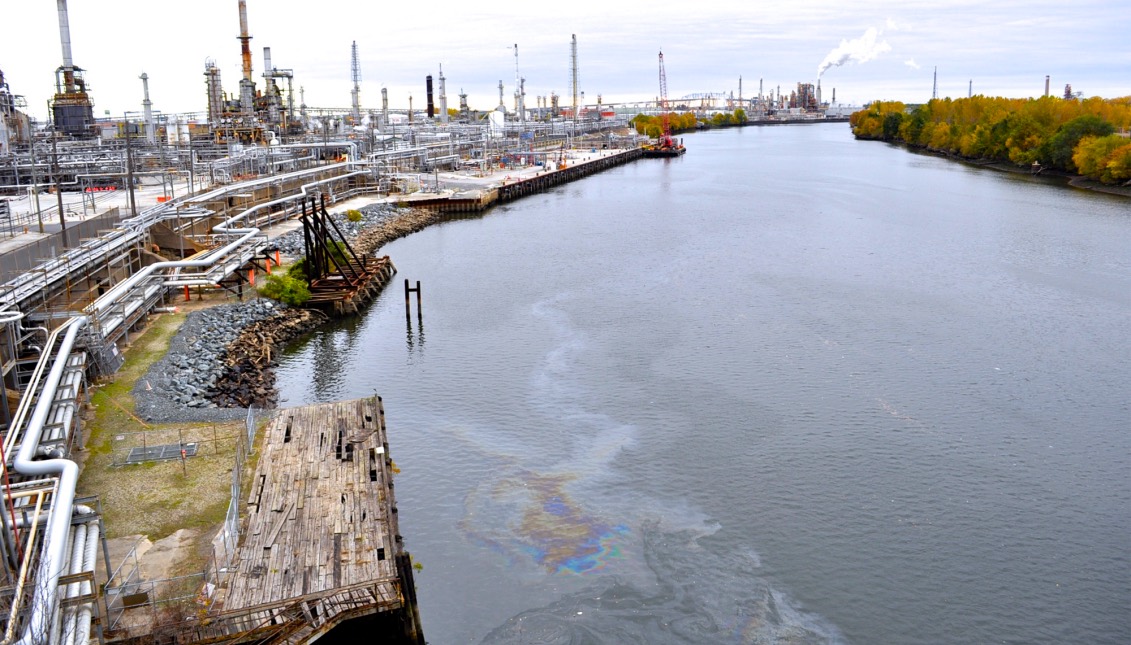
Two dozen permit violations for Point Breeze Refinery, as opposition to expansion grows
Philadelphia Energy Solutions’ Point Breeze refinery has violated its operating permit 24 times since 2013, local public health agency documents AL DÍA…
Philadelphia Energy Solutions’ Point Breeze refinery has violated its operating permit 24 times since 2013, local public health agency documents AL DÍA obtained through a Right-to-Know request have revealed.
The ‘Notice of Violation’ (NOV) records detail mechanical failures at the refinery and periods of higher than usual carbon monoxide emissions and other toxic materials. Notices are based on self-reported data from the company, and not from independent on-site inspections.
The plant has remained in ‘high priority violation’ status since Sunoco transferred ownership to the joint Sunoco-Carlyle Group venture, known as PES, in September 2012 as part of an amended 2005 consent decree, according to the EPA’s website.
PES has reached settlements with the city totaling nearly $698,000 from 2013 to 2015, up from $460,000 between 2010 through 2012. The company avoided a Department of Licensing and Inspection permit renewal hearing in October by settling for $175,000.
Department of Public Health spokesperson Jeff Moran told AL DÍA in an emailed statement: “The PES violations are not the kind of violations that affect health and the environment.”
Moran referenced one violation example from 2015 as “not monitoring valves and pipes every month, but they monitored every two months.”
In a second email, he wrote:
“The violations that were settled were all ones that were based upon PES’s self reporting requirements under the Clean Air Act. [Air Management Services] takes all of this very seriously, extends more resources on the facility than any other, and always issues a notice of violation for any violation that is identified and seeks compliance and a penalty.”
Neither the city solicitor nor Mayor Michael Nutter’s press secretary, Mark McDonald, responded to AL DÍA’s request for comment.
PES-NOV-2013 by Philadelphia Sunshine Project
PES-NOV-2014 by Philadelphia Sunshine Project
PES-NOV-2015 by Philadelphia Sunshine Project
Joe Minott, executive director of the nonprofit Clean Air Council, says his organization continues to investigate the violations, but has not yet determined just how dangerous they are to public health.
“The pollutants emitted during these incidents, such as particulate matter and air toxics like benzene, are known to be detrimental to public health,” he said.
Minott added that it is difficult to know how these individual incidents impact air quality city-wide, and particularly for nearby residents in the short term, but that equipment malfunctions “can and do create increased pollution for area residents.” He believes the company must make greater plant modernization investments.
“The fact that the refinery is located in a highly-populated, low income area means that any increase in pollution — even if temporary — is of concern to the plant’s neighbors.”
Some of those residents are now voicing such concerns.

Teresa Hill, the legal guardian for her two grandchildren, moved in January to 67th and Elmswood, approximately one and a half miles from the oil refinery. All three of them have suffered from asthma throughout their lives, but Hill says that after moving into the neighborhood, their breathing has worsened.
“It's so bad, having these fumes in your mouth, and not knowing what they are,” she told AL DÍA late last month during a ‘teach-in’ on the Passyunk Bridge overlooking Philadelphia Energy Solutions' sprawling oil refinery complex, organized by Action United, a nonprofit political advocacy group.
Groups such as Action United, Green Justice Philly, and others, have been intensifying their opposition efforts, as plans to turn the region into an ‘energy hub’ by expanding refinery operations to handle Marcellus Shale gas output continue. The hub’s main cheerleader is Phil Rinaldi, CEO of Philadelphia Energy Solutions.
Recent EPA data provides compelling evidence for Hill’s concern. The agency's Toxic Release Inventory indicates that in 2014, the refinery released approximately 492,000 pounds of chemicals into the air, a decrease from the over 700,000 pounds released in 2013. These emissions included sulfuric acid, benzene, and at least five other potentially dangerous materials. The same report indicates that 22 percent of children in Philadelphia suffer from chronic asthma, twice the national average.
Toxic agents such as sulfuric acid can exacerbate pre-existing respiratory conditions, such as those exhibited by the Hill family. Symptoms of benzene exposure can include dizziness, drowsiness, headaches, increased heart rate, and in extreme cases, leukemia.
Additionally, 71 percent of the approximately 45,000 residents living within one mile of the refinery are people of color, while 32 percent live below the federal poverty line, according to the latest Census data.

Maxine McCleary, who also attended the Passyunk Bridge event last month, was born and raised in Southwest Philadelphia and lives near 65th and Lindberg Ave, approximately one mile from the plant. She recently became the caretaker for her great nephew. Unlike the Hill family, her nephew had not suffered from asthma until recently. During a recent visit to the emergency room at a nearby clinic during a particularly severe asthma attack, the doctor was unable to offer a clear explanation for her nephew's flare-ups.
“I'm not saying [refinery emissions] caused the asthma,” she quickly added. “But it hasn't helped.”
Four of McCleary's nine brothers, lifelong residents themselves, have died from various cancers including those of the eyes, nose, and throat, she says.
“I really want to go in and talk [to PES], I'm upset that they're not telling the community what's going into the air.”
The only shot McCleary and other residents may have at dialogue with PES is through the company’s own Community Advisory Panel. The South/Southwest Philadelphia Community Advisory Panel (CAP) was started in 1996 by the refinery's then-owner, Sunoco Logistics. Neighborhood associations must apply directly to PES for membership in the CAP, according to a resident familiar with the process. Additionally, the CAP’s bylaws are secret to all but civic and neighborhood groups whose memberships are approved.
Another resident told AL DÍA under condition of anonymity that only one representative from any neighborhood association can attend the meetings.
For their part, city officials are seemingly resistant to convening public hearings on past and future refinery violations — or even posting refinery notices on its website. Public health spokesperson Jim Moran instead pointed AL DÍA to the EPA’s website, which posts enforcement and compliance details. While the agency touted its record of levying fines against the company for this story, it made no mention of its enforcement activities against the company in its annual report last year.
Even with more — or any, for that matter — dialogue between residents and the company, Maxine McCleary remains doubtful that Philadelphia Energy Solutions will be forthright with the public, though. As a result, she has started monthly neighborhood meetings in her living room. She believes that organizing frustrated, concerned residents like herself may be the only way to make the company, and city officials, listen to the communities impacted hardest by refinery operations.


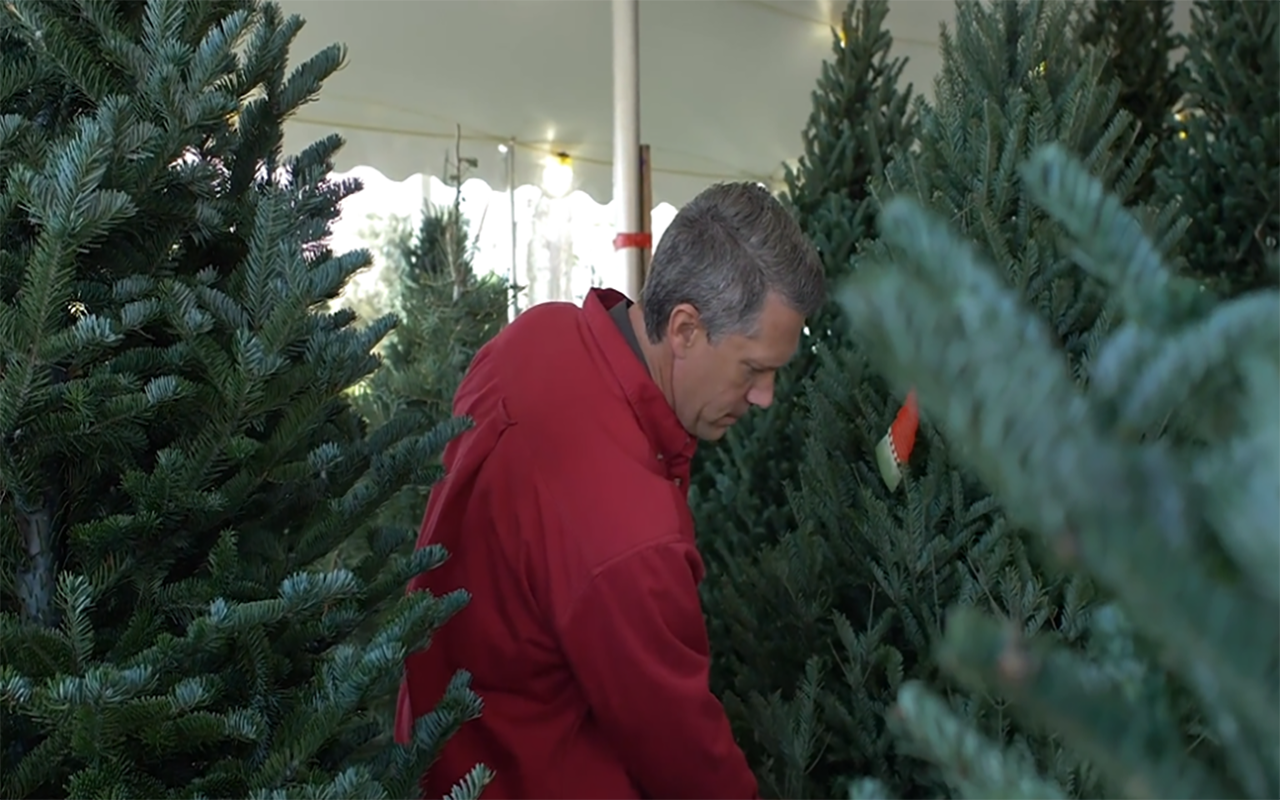

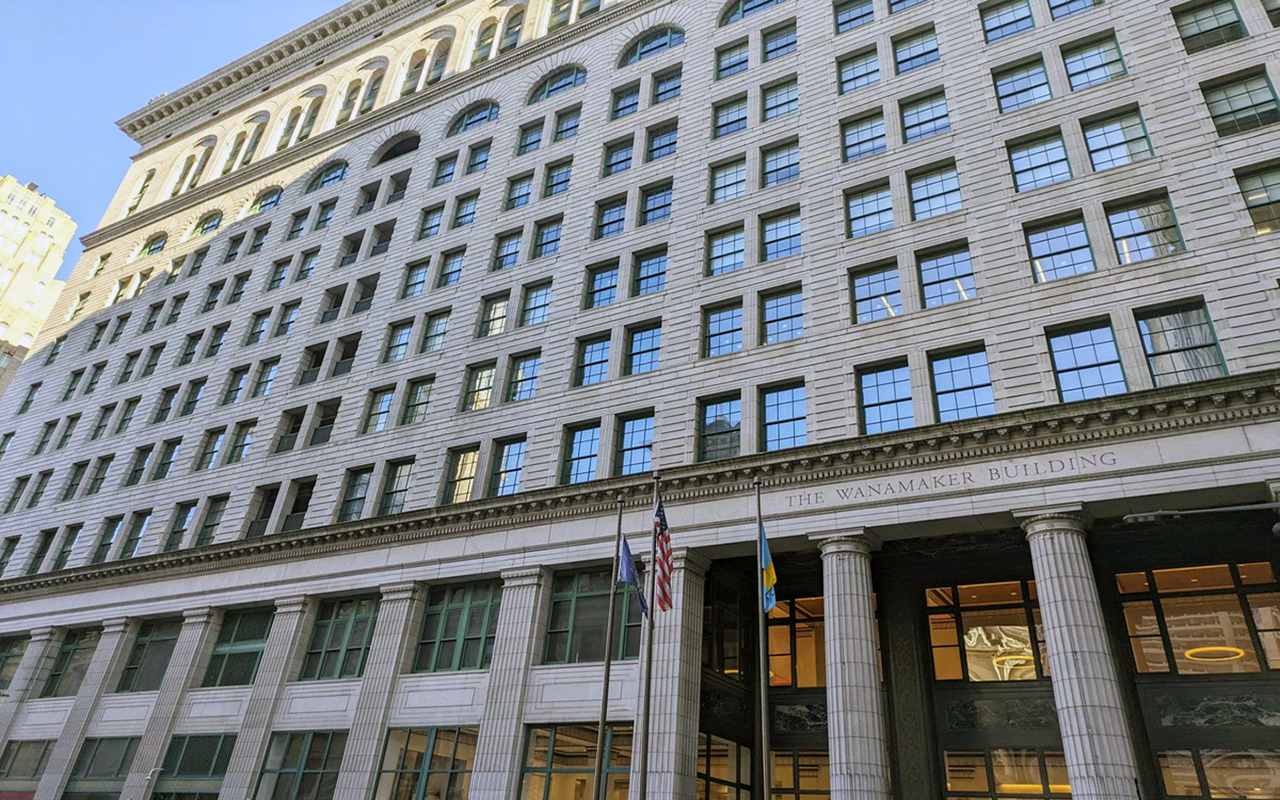

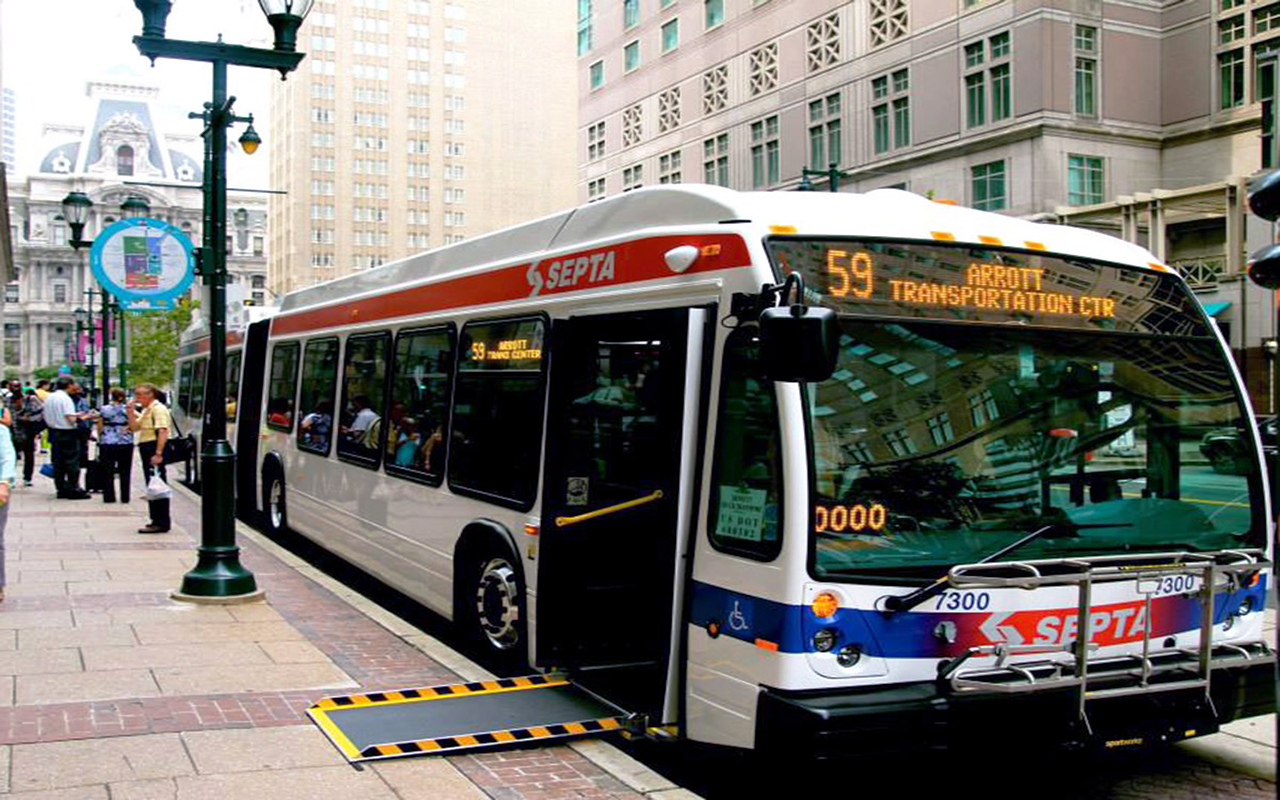
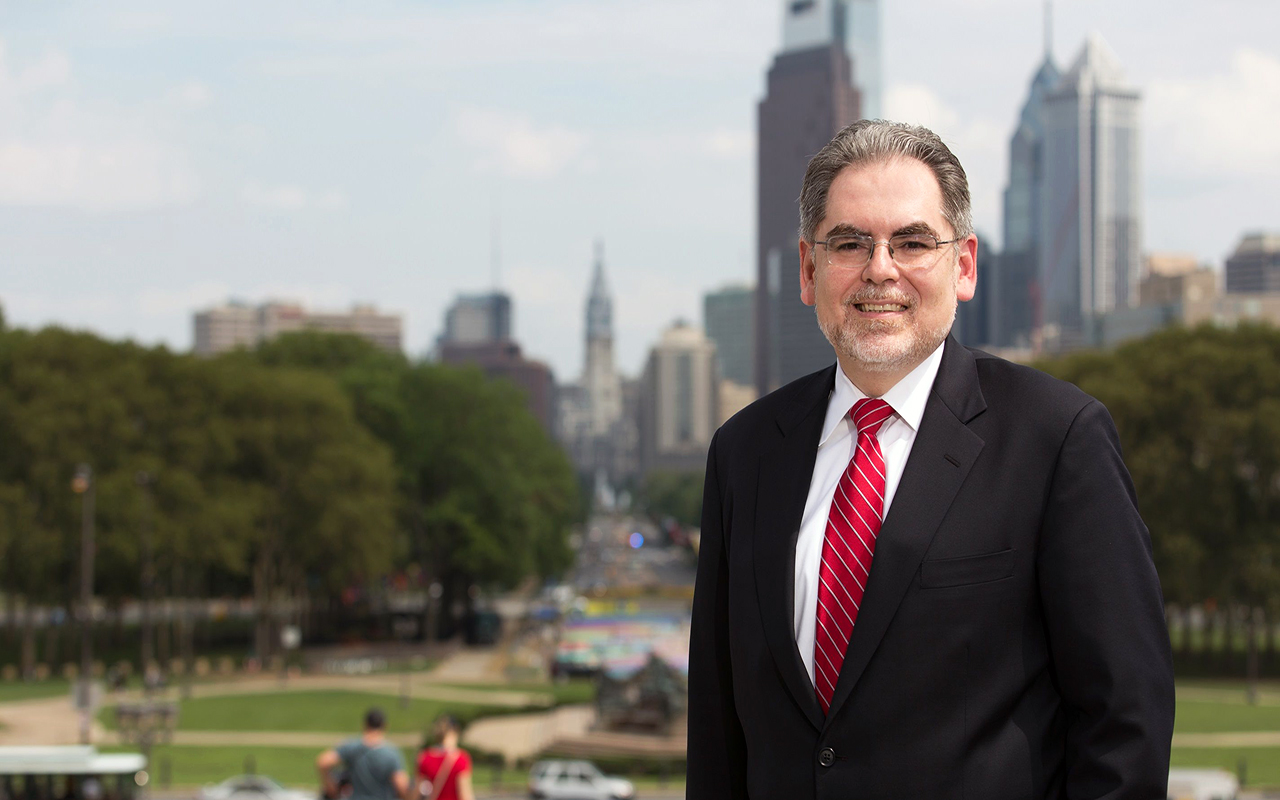

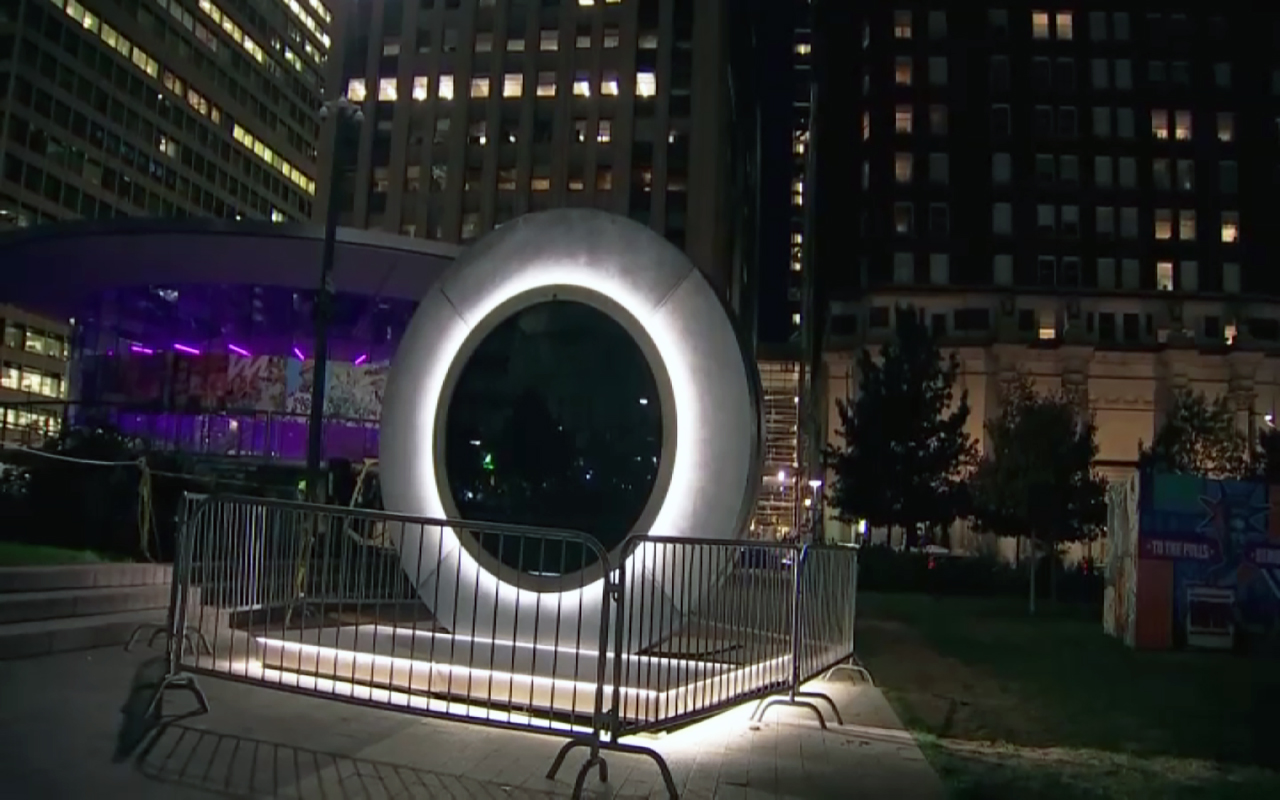
LEAVE A COMMENT:
Join the discussion! Leave a comment.